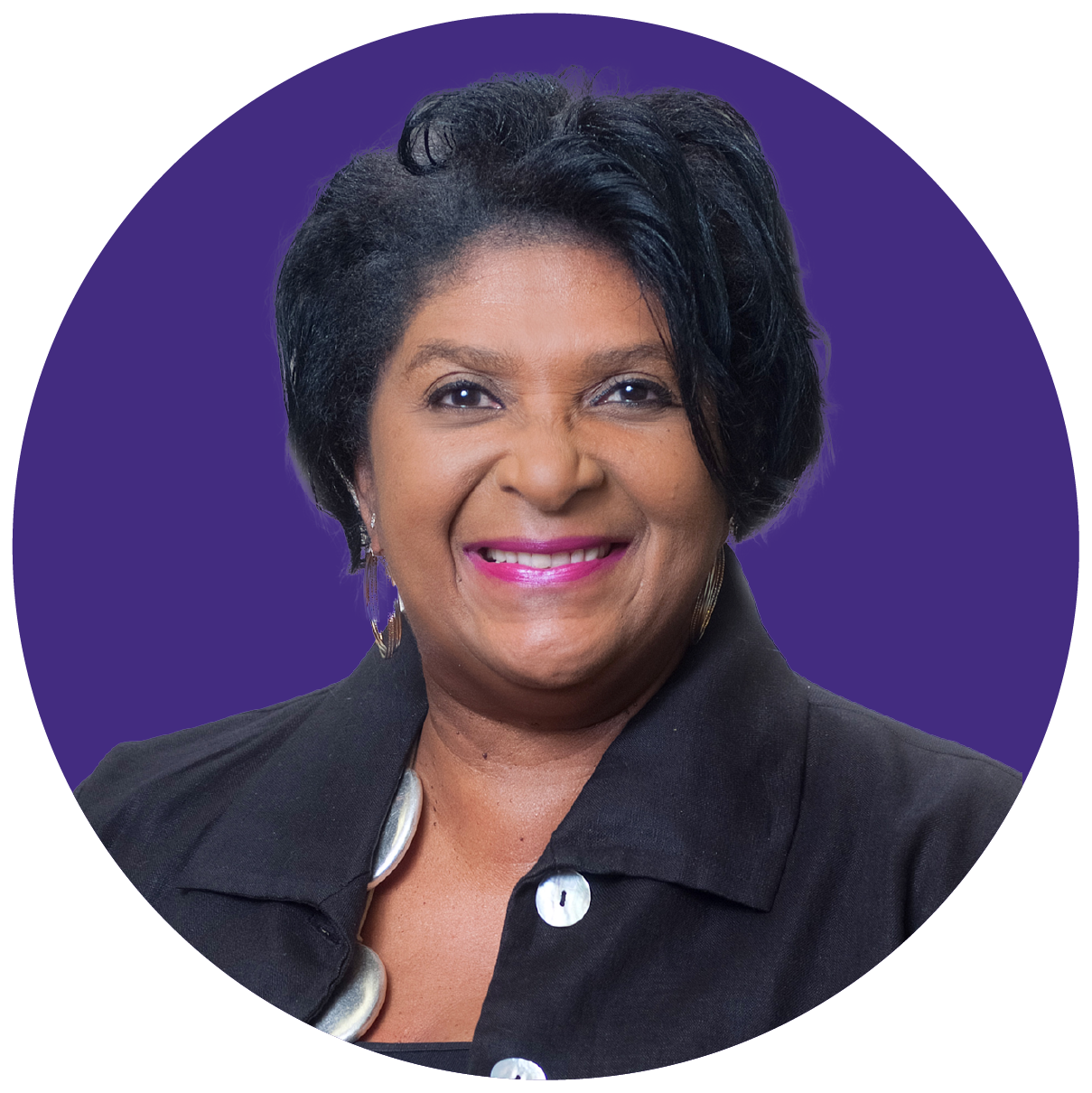
Jennifer Vidrine
Ville Platte, LA
Jennifer Vidrine served three terms as the Mayor of the City of Ville Platte. Ms. Vidrine is the first African American and the first woman to be elected mayor of Ville Platte, where she has served underrepresented communities in various positions for over thirty years. Ms. Vidrine also served as the President of the Louisiana Municipal Advisory and Technical Services Bureau, where she led municipalities across the state in meeting the many challenges and requirements of local government. Ms. Vidrine also served as the Vice Chairwoman for the Louisiana Housing Corporation Board of Directors and previously served as the Assistant Executive Director for the Community Action Agency. Ms. Vidrine holds a Bachelor of Arts degree in Psychology from Louisiana State University, and a Master of Public Administration from the Nelson Mandela School of Public Policy and Urban Affairs at Southern University.
Building Community and Fighting Segregation in Ville Platte, Louisiana
Ville Platte Mayor Jennifer Virdine builds “unity parks” to bring her community together
Mayor Jennifer Vidrine of Ville Platte, Louisiana was born and raised in the city she leads. “What I love about Ville Platte is the people,” she says. “They’re the friendliest in the world.”
Vidrine says that residents sit out on their porches and chat between houses. She loves that folks know their neighbors. But she was growing concerned that residents didn’t know people who live just a few blocks away, or on the other side of town. Ville Platte is diverse, but highly segregated; mostly-white neighborhoods sit right beside mostly-Black ones. At around 6,500 people, Ville Platte is a small city, but racial divisions make it feel smaller.
Virdrine was troubled by this. She wanted to unify her town and connect people who might not otherwise meet. She became an E Pluribus Unum Fellow in 2020 and developed a plan to combat the rising racial and political friction she saw in her community. As she attended the Fellowship’s racial equity trainings and connected with the other Fellows, she decided that the best way to erode division in her community was to leverage its strengths. If Ville Platte residents connected on their porches, Vidrine decided to bring those “porches” together in intentionally integrated spaces. Existing public spaces weren’t serving this purpose.
“We have two parks,” says Vidrine. “But they’re known as ‘the Black park,’ and ‘the white park.’”
